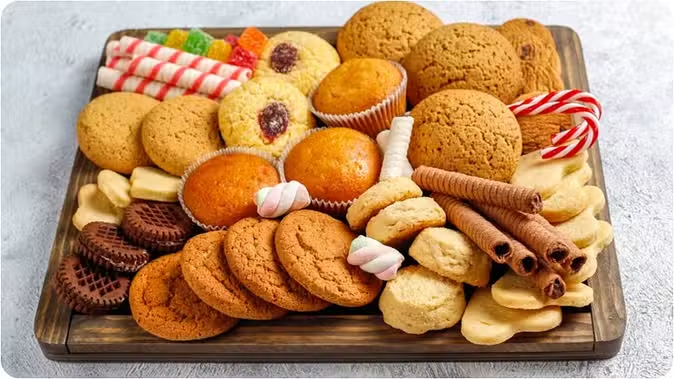The festive season is going on. Only a few days are left for Diwali and Chhath Puja. The usefulness of sweets increases a lot on Diwali and Chhath Puja. Sweets are also offered to God on the auspicious occasion of Diwali. Apart from this, on this day many people give sweets to their family members and wish them Happy Diwali.

Sweets are purchased in large quantities in the markets on Diwali and before that. Colorful sweets are sold at many shops. At the same time, do you know that these days the sale of adulterated sweets is happening very fast in the market. By consuming these sweets, you may have to face many health related problems. If you are also going to buy sweets in the market on Diwali, then today we are going to tell you about those methods, with the help of which you can find out the adulteration done in it. Let's know -
Readymade rasgulla is made using synthetic milk, starch i.e. arrowroot. Apart from this, fake milk cake is made from synthetic milk, semolina, wet glucose. Apart from this, adulterated mawa is prepared using synthetic milk, semolina, potatoes, sweet potatoes, oil and colors.
You can easily identify real and fake sweets. For this, you have to take samples of two different sweets. After this, keep both of them in different vessels and pour hot water.
In the next step, you have to add iodine in both the vessels. If the sweet changes color in a vessel with hot water, then there is a high possibility that it has been adulterated. If there is no change in color, then the sweet has not been adulterated.
For your information, let us tell you that under the Food Safety Standards Act 2006, if a shopkeeper sells adulterated food items, then selling it can lead to imprisonment of up to 7 years under Section 59. Apart from this, a fine of up to Rs 10 lakh can also be imposed on the trader.
(PC: Freepik)










